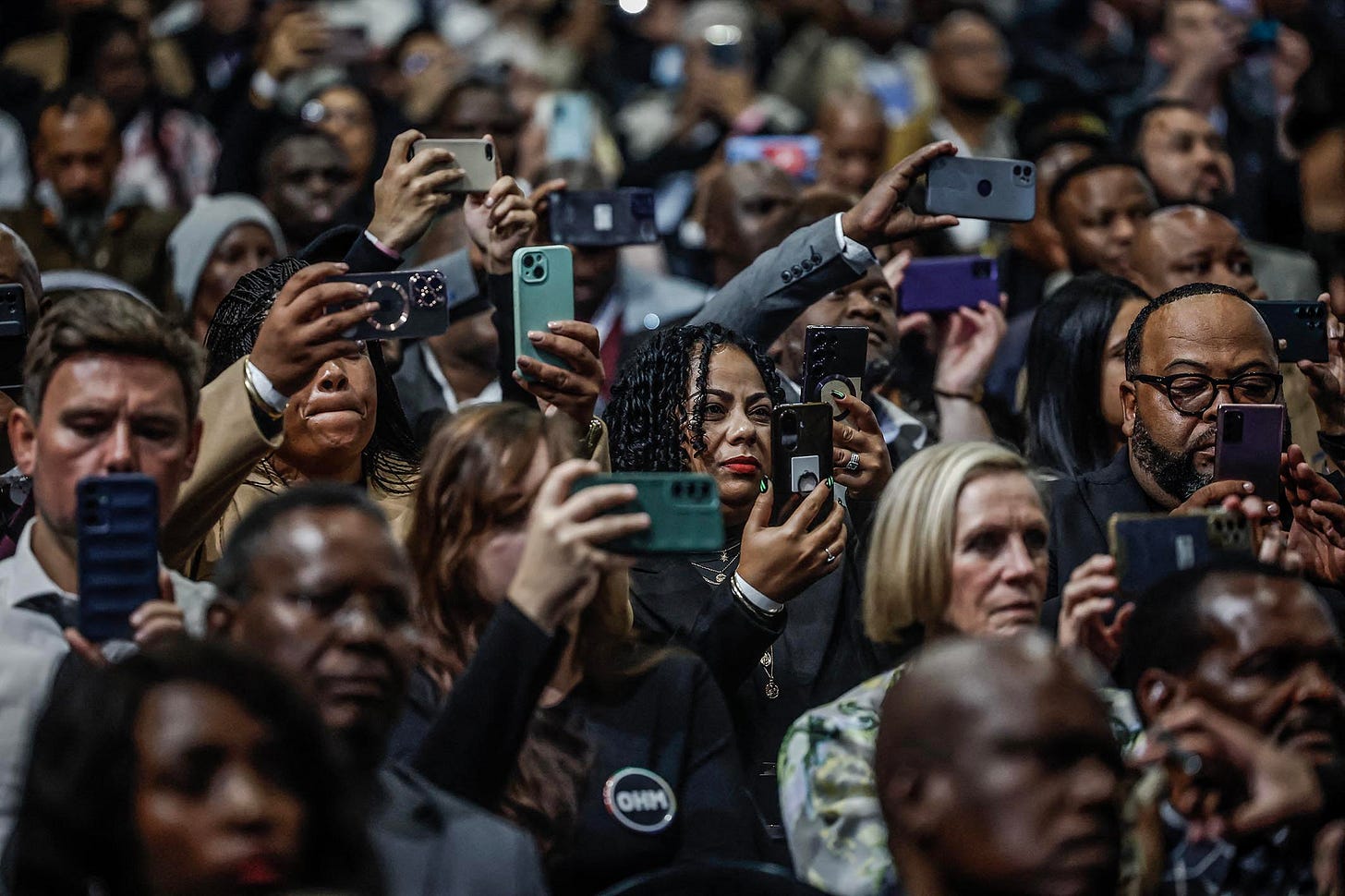Give us our data back, says AU
Tech companies are hoarding African data. The African Union wants them to hand it over.
Marché Arends

Saying that it is “concerned by data exploitation practices mainly by the private sector, particularly by big tech entities”, the African Commission on Human and Peoples’ Rights is asking African Union member states to ensure the data held by big entities is “publicly available by default”.
The commission, an arm of the African Union, adopted a watershed resolution to this effect earlier this month. Should it trickle down to inform national policies, companies like Google, Meta and TikTok could be compelled to give their African users what Europeans already get: greater access to their own data.
If a TikTok user from the US or Europe wants any of their data that the platform collects, they can request it from the company. The same is not true for African TikTok or YouTube users, who aren’t even given the option to apply.
“Africans are entitled to data just as much as anyone else,” said Guy Berger, a former journalism professor and Unesco director, now an independent expert on media and the internet.
The resolution asked data holders – including public institutions, bodies that receive public funds, and private actors, when there is an overriding public interest – to align their practices with the principle of maximum disclosure.
Companies are reluctant to do that because, as The Economist said in 2017, data is the most valuable resource on earth, surpassing long-time holder of the title: oil. Those who hold and control access to data are the most powerful people on earth, and to expand access to that data is to dilute their own power.
But African governments also hold citizen data that is inaccessible to the very people it concerns. “It doesn’t help to push for access to data held by foreign entities if your own African governments aren’t making their data available,” Berger noted.
If all these entities opened up access to the data they hold, it would become easier to monitor elections, hold powerful people to account, and create African language AI models, among other things.







I wonder: who has the most data on Africans? Is it the social media companies? The respective governments? NGOS? Telecom? This data is everything.